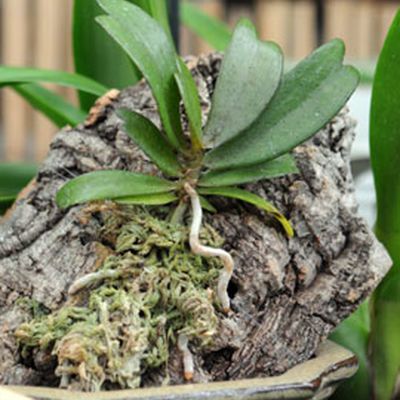
Herbs don't like extreme cold so they need to be protected from waterlogging in winter. Here are some tips to protect your plants from the elements and keep them healthy over the winter. Cloches for potted herbs are a great way of protecting them and keeping their flavor and aroma intact during the winter months. You can also keep your winter favorites indoors.
It is possible to grow herbs indoors or out, but it is best if they can be grown outdoors. Incandescent bulbs can be dangerous as they produce excessive heat and cost a lot of money. Mulch should be made with organic materials like pine needles and chopped leaves. However, most mulch should be removed in the spring, when new growth starts. To ensure your herbs receive the protection they require, make sure you read all instructions.

It is best to plant herbs grown in winter in autumn and winter. To prevent damage to the herbs, they should be protected against hard freezes or frosts. Start small with winter savory, rosemary, bay leaf and thyme if you are a beginner gardener. These plants will thrive in these environments and can provide many culinary benefits. They also make great gifts and can be given to friends and family.
It is best to plant herbs for cold weather indoors at least one month before the last possible frost in spring. This will ensure that they can be harvested as fresh as possible. As temperatures increase, cool-weather herbs will bolt - meaning that they'll develop flowers or blooms and end up in seed - which will ultimately turn their flavor bitter. You can keep them healthy by placing a container outside.
The best way to add flavor and color is to plant herbs in your garden. Many of these perennials can be planted in the ground and transplanted year after year. If you're a beginner gardener, you can try planting some seeds for the following herb plants. They can be planted anywhere you want, but it is recommended to plant herbs that are hardy in cold conditions.

Cooler temperatures are the best for winter herbs. Generally, they can survive the colder winter months if they're kept close to the home. If you don’t have access to a yard in winter, you might consider planting your pots near your home. This will allow them to enjoy the warmer temperatures. You can cover them with frost blankets and pot covers to keep them from freezing. Even if it is cold, they can be left outside.
FAQ
Which month is the best to start a vegetable gardening?
Planting vegetables in April and June is the best time. This is when the soil is warmest and plants grow fastest. If you live somewhere cold, it is best to wait until July or august.
How big is a vegetable gardening space?
A good rule is that 1 square foot of soil needs 1/2 pound. Therefore, 100 pounds of seeds is required for a surface of 10 feet x 10 feet (3 m x 3 m).
How do I know what type of soil I have?
The dirt's color can tell you what it is. More organic matter is found in darker soils than in lighter soils. A second option is soil testing. These tests assess the soil's nutritional content.
Statistics
- As the price of fruit and vegetables is expected to rise by 8% after Brexit, the idea of growing your own is now better than ever. (countryliving.com)
- According to a survey from the National Gardening Association, upward of 18 million novice gardeners have picked up a shovel since 2020. (wsj.com)
- Most tomatoes and peppers will take 6-8 weeks to reach transplant size so plan according to your climate! - ufseeds.com
- According to the National Gardening Association, the average family with a garden spends $70 on their crops—but they grow an estimated $600 worth of veggies! - blog.nationwide.com
External Links
How To
How can I keep my vegetable garden weed-free?
Growing vegetables that are healthy is not possible due to weeds. They compete for space, water, nutrients, sun, and sunlight. To prevent them from taking over your garden, use these tips:
-
Take out all flowering plants
-
Remove any plant debris around the base of the plant
-
Mulch is a good choice
-
Regular water intake
-
Rotate crops
-
Don't let grass grow for too long
-
Keep soil moist
-
Plant early
-
Harvest often
-
Make compost
-
Avoid chemical pesticides
-
Grow organic vegetables
-
Get heirloom seed
-
Start small
-
Learn more about companion planting
-
Be patient
-
Enjoy gardening!